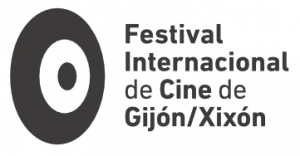Carmen Menendez
1 February 2023 – 11 March 2023
Her first short film as a director, “No Jungle” (2017), shows the experience of a group of Syrian refugees trying to cross into England from a makeshift camp in the city of Calais (France). Present in more than 20 national and international festivals, it was premiered in the official section of the Malaga International Film Festival and received – among others – the award for Best Filmmaker from the Association of Women Filmmakers and Audiovisual Media (CIMA) and the special mention of the jury at the Alcances Festival in Cádiz.
In her role as an editor, she does advertising work, video art – she is a regular collaborator with the artist Rosana Antolí, with pieces such as The Immortal Jellyfish (2019) for the Tate Modern in London – video essays and documentaries. Developing found footage creations is one of the main focuses of her practice, with pieces like “Is This Human?” for the Center de Cultura Contemporània de Barcelona (CCCB) – which she also co-runs and co-directs – on the mechanisms of perception manipulation in far-right political discourses. In relation to this topic, she has developed participatory workshops in centers for unaccompanied minors in the city of Barcelona in collaboration with an international NGO.
She is currently developing the feature-length documentary “Guide to Sewing without a Pattern”, conceived as a sewing manual and other practices based on the experience of the former workers of the IKE – Confecciones Gijón shirt factory in its 10 years of strikes.





